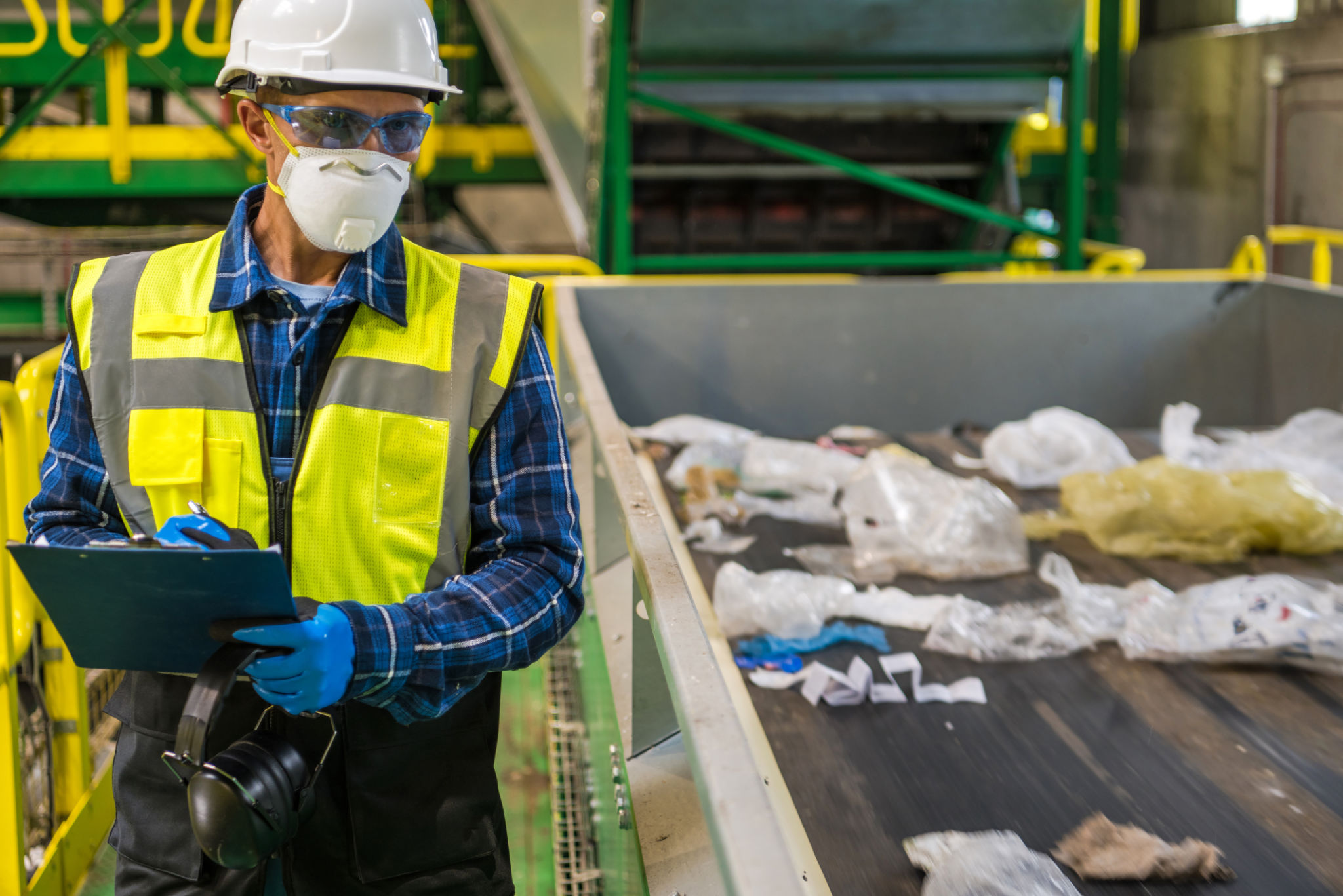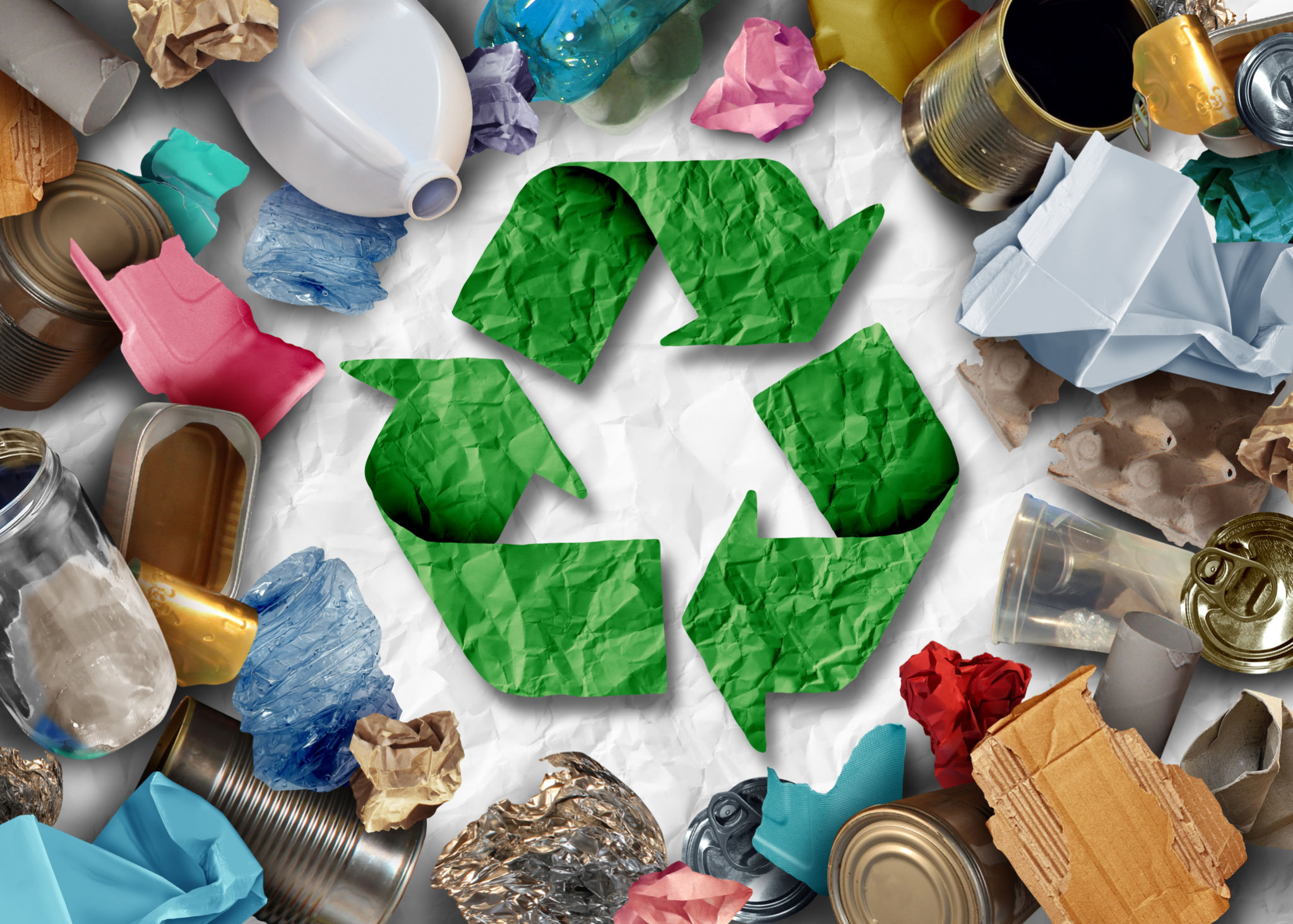The Environmental Impact of Junk Removal and How to Minimize It
Understanding the Environmental Impact of Junk Removal
Junk removal is an essential service that helps keep our communities clean and organized. However, not many people are aware of the potential environmental consequences associated with these activities. When junk is not properly managed, it can lead to increased pollution, resource depletion, and harm to local ecosystems.
The process of transporting and disposing of unwanted items often involves significant energy consumption and greenhouse gas emissions. Additionally, if waste is not properly sorted, recyclable materials may end up in landfills, contributing to the growing waste crisis.

Reducing Waste Through Proper Sorting
One of the most effective ways to minimize the environmental impact of junk removal is through proper sorting and recycling. By ensuring that items are correctly categorized, valuable materials such as metals, plastics, and glass can be recycled and repurposed.
Implementing a sorting system at home or in your business can greatly reduce the amount of waste sent to landfills. Consider setting up separate bins for different types of materials and educating household members or employees on the importance of recycling.
Choosing Eco-Friendly Junk Removal Services
Another way to minimize your environmental footprint is by selecting junk removal services that prioritize sustainability. Look for companies that have a commitment to recycling and donating usable items to local charities or community groups.
These eco-conscious services often have partnerships with recycling facilities and make efforts to ensure that as much waste as possible is diverted from landfills. By choosing such services, you can actively contribute to reducing waste and promoting a circular economy.

Repurposing and Donating Unwanted Items
Before deciding to dispose of items, consider whether they can be repurposed or donated. Many items that are no longer useful to you may still hold value for someone else. Repurposing items not only reduces waste but also stimulates creativity and innovation.
Donating items to local charities, thrift stores, or community groups can also have a positive impact. Not only does it help those in need, but it also keeps useful items out of landfills, thereby reducing environmental harm.
Composting Organic Waste
Organic waste such as food scraps and yard clippings can be composted instead of being thrown away. Composting is a natural process that converts organic material into nutrient-rich soil amendments, which can be used in gardening and landscaping.
By composting organic waste, you reduce the amount of material sent to landfills, lower methane emissions from decomposing organic matter, and enrich your soil with valuable nutrients.

Implementing a Zero-Waste Lifestyle
Adopting a zero-waste lifestyle can significantly reduce the volume of waste produced in the first place. This involves making conscious choices about purchasing products with minimal packaging and opting for reusable alternatives whenever possible.
By reducing consumption and reusing materials, individuals can play a crucial role in minimizing waste generation and reducing their environmental impact. It's an approach that combines both personal responsibility and broader community engagement.
Conclusion
The environmental impact of junk removal can be substantial, but with mindful practices and informed choices, it is possible to minimize this impact. By sorting waste, choosing sustainable services, repurposing items, composting organic material, and adopting a zero-waste lifestyle, we can all contribute to a healthier planet.
Through collective efforts and increased awareness, we can ensure that our junk removal practices do not come at the expense of our environment's well-being.